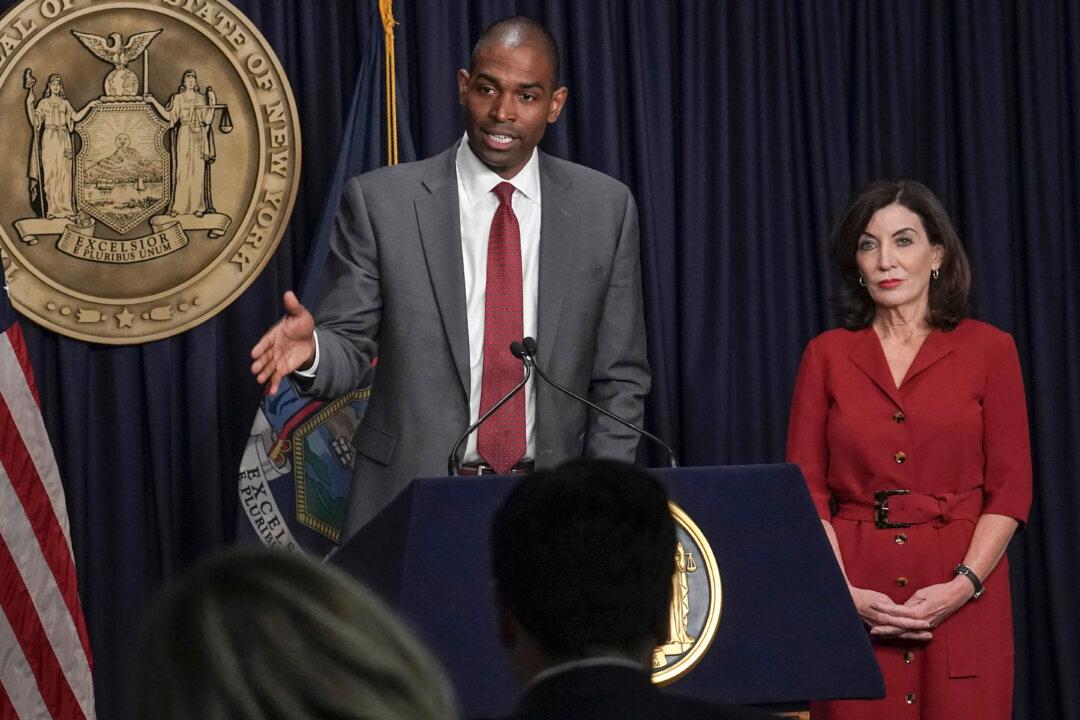WASHINGTON—Virginia will hold an election on Nov. 4 to choose its 75th governor. The incumbent, Glenn Youngkin, is ineligible for reelection. It is one of two open-seat gubernatorial elections this year, the other being in New Jersey.
Virginia’s election has always been unique, as it occurs one year after the quadrennial U.S. presidential election. The incumbent president’s popularity always affects his party’s reputation, which makes it a factor in the gubernatorial race. Moreover, because of Virginia’s proximity to Washington, D.C., and heavy population of federal workers, contractors, and military personnel, the state of national politics has an outsized effect on Virginia voters. Thus, the race is often a way to gauge voters’ satisfaction with the presidential administration.





